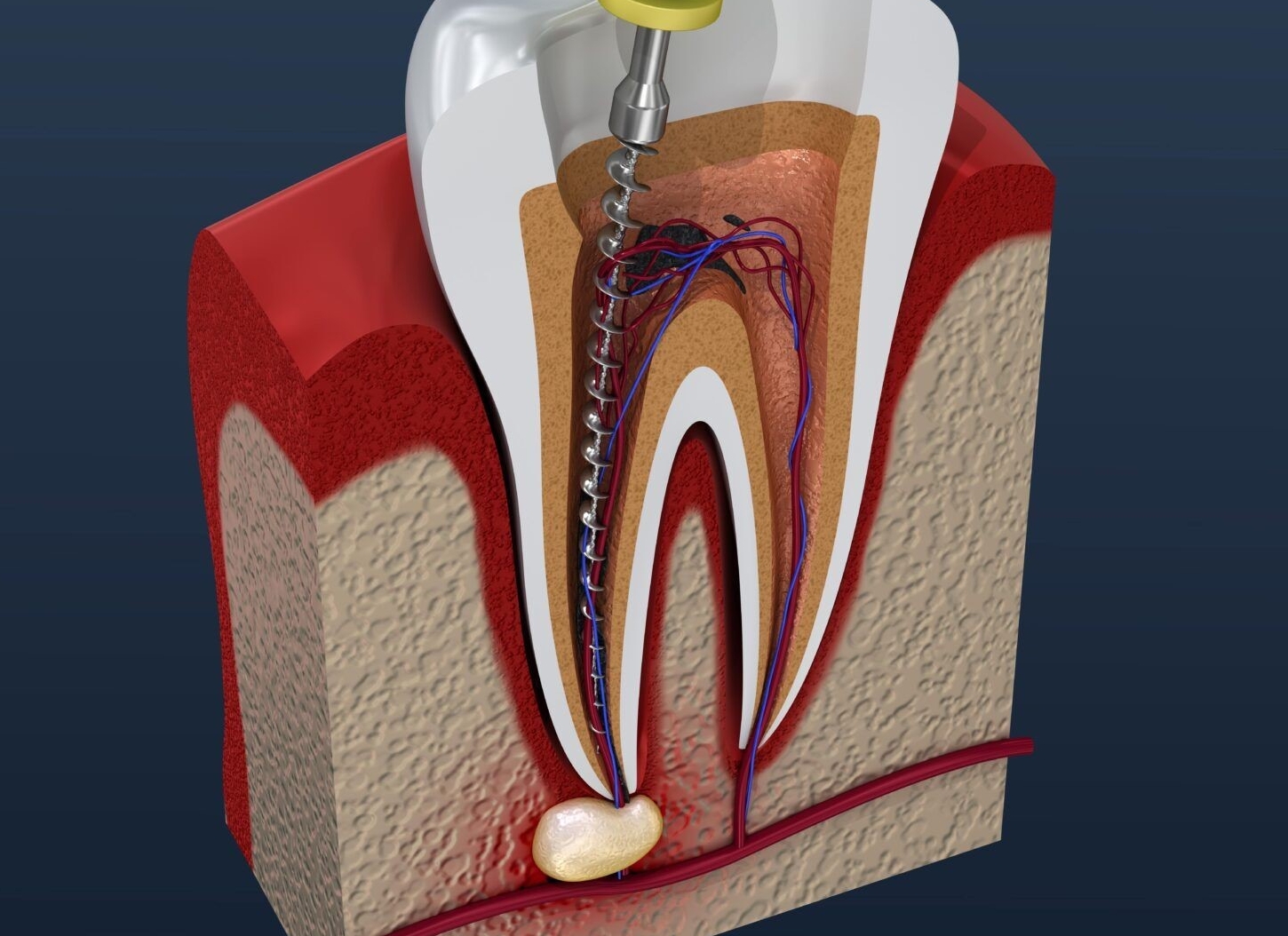The Consequences of Long-Term Tooth Loss After Extraction Without Implantation
Losing a tooth due to extraction is more than just an aesthetic concern. When left unaddressed, the long-term absence of a tooth can trigger a cascade of detrimental effects on oral health, overall well-being, and quality of life. This article explores the key risks associated with neglecting tooth replacement after extraction and why dental implants are a crucial solution.
1. Alveolar Bone Atrophy
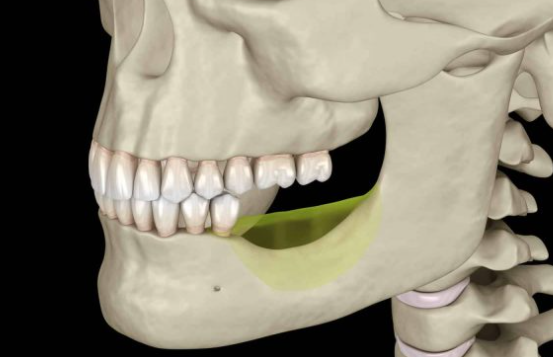
The most immediate consequence of tooth loss is alveolar bone resorption. Teeth stimulate the underlying jawbone through normal chewing forces. Without this stimulation, the bone begins to break down, a process known as osseous remodeling. Within the first year post-extraction, patients may lose up to 25% of bone volume, and the rate continues gradually over time. This bone loss not only weakens the jaw structure but also affects facial contour, leading to premature aging and a sunken appearance.
2. Shifting Teeth and Bite Imbalance

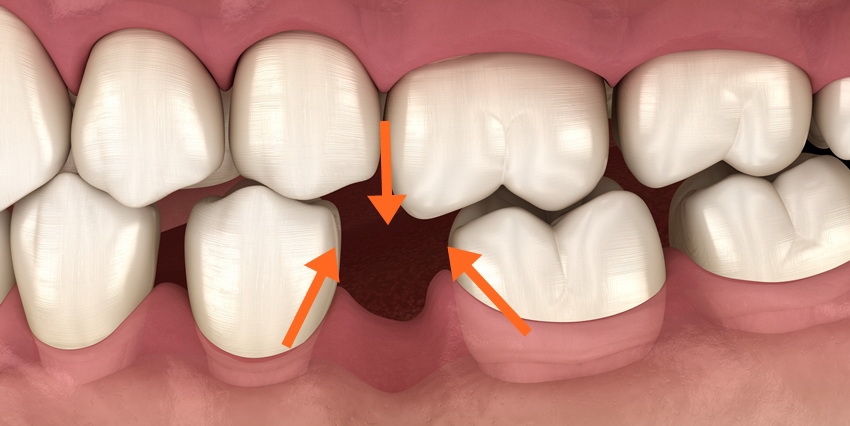
Adjacent teeth naturally migrate into the empty socket, causing malocclusion (bite misalignment). This shift disrupts the normal chewing pattern, placing excessive stress on remaining teeth. Over time, this can lead to tooth fractures, gum recession, and accelerated wear. Additionally, misaligned teeth are harder to clean, increasing the risk of cavities and periodontal disease.
3. Speech and Chewing Difficulties
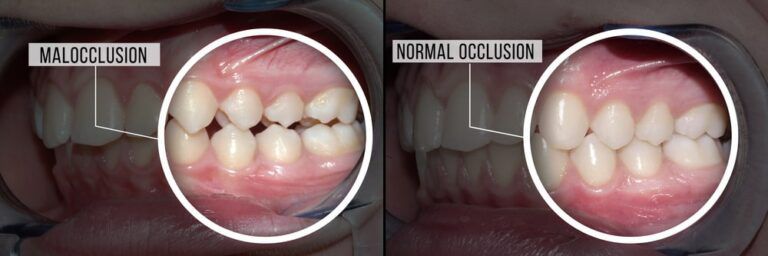
Missing teeth can significantly impact daily functions. Chewing efficiency decreases, making it challenging to consume certain foods and potentially leading to dietary deficiencies. Speech may also be affected, particularly with the loss of front teeth, causing lisps or slurred pronunciation. These issues can erode confidence and social interaction.
4. Increased Risk of Oral Health Issues
The gap left by a missing tooth creates a breeding ground for bacteria, increasing the likelihood of gum infections. Misaligned teeth also make it difficult to maintain proper oral hygiene, exacerbating the risk of gingivitis and periodontitis. In severe cases, these infections can spread to surrounding tissues, leading to systemic health complications.
5. Psychological and Social Impacts
Tooth loss often takes a toll on self-esteem and mental health. Visible gaps or a changing facial structure can cause self-consciousness, social anxiety, and even depression. This emotional burden can further affect quality of life, limiting social and professional interactions.
Why Dental Implants are Essential
Dental implants offer the closest solution to natural teeth, addressing all these risks. By replacing the tooth root with a titanium post, implants stimulate the jawbone, preventing atrophy and preserving facial structure. They also restore full chewing function, speech clarity, and aesthetic appeal. Unlike bridges or dentures, implants integrate with the bone, providing a long-lasting, stable solution.
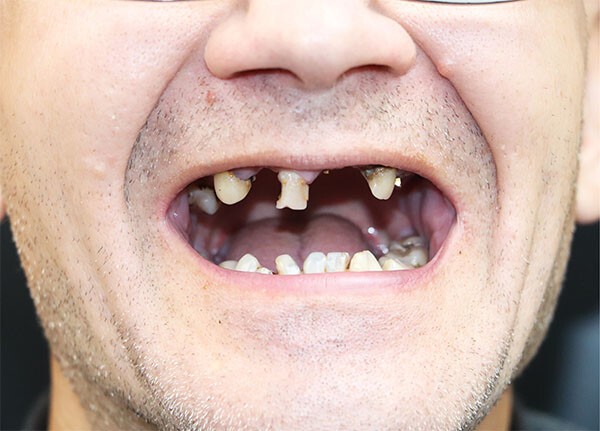
Conclusion
Ignoring tooth replacement after extraction is a costly oversight. The cumulative effects of bone loss, bite changes, and oral health decline can have far-reaching consequences. Dental implants are not just a cosmetic choice; they are a vital investment in oral health and overall quality of life. If you've experienced tooth extraction, consult a dental professional promptly to explore implant options and avoid these long-term complications.

